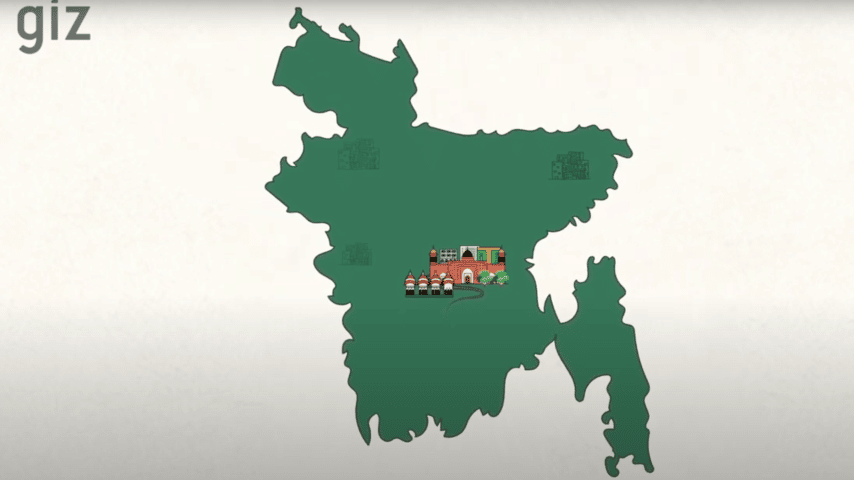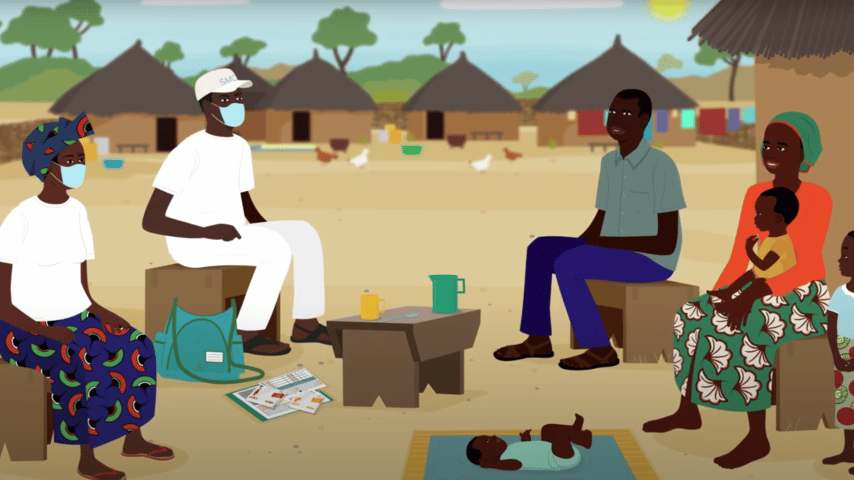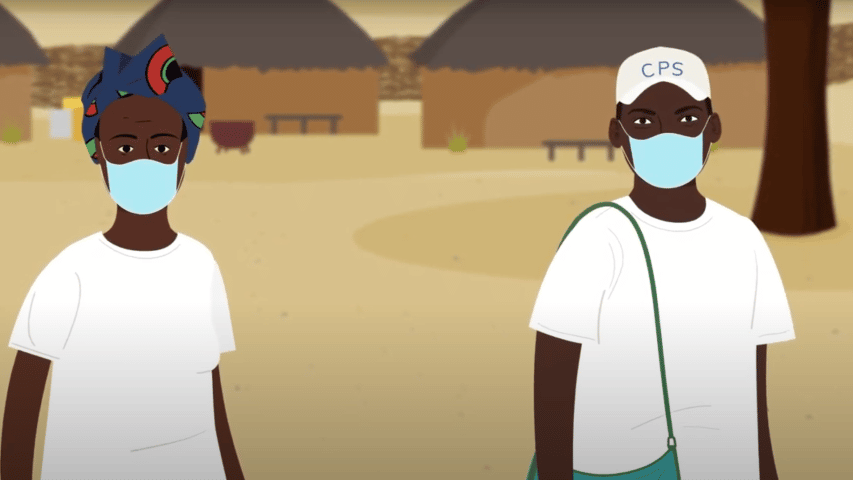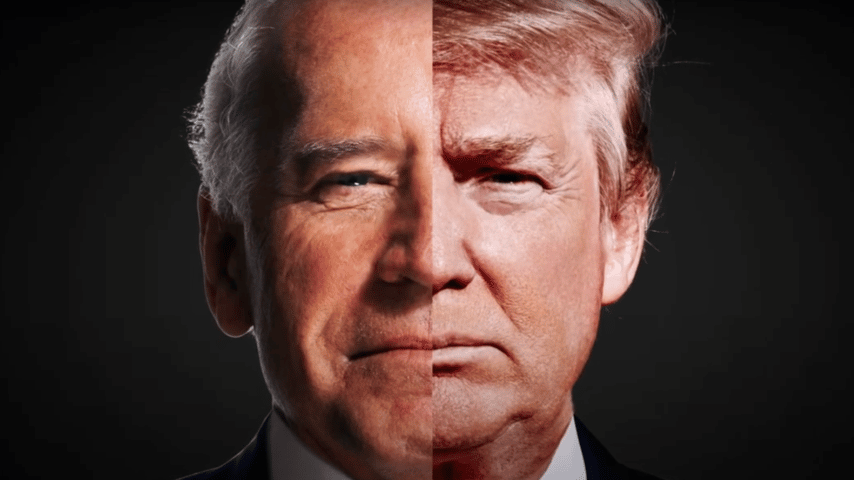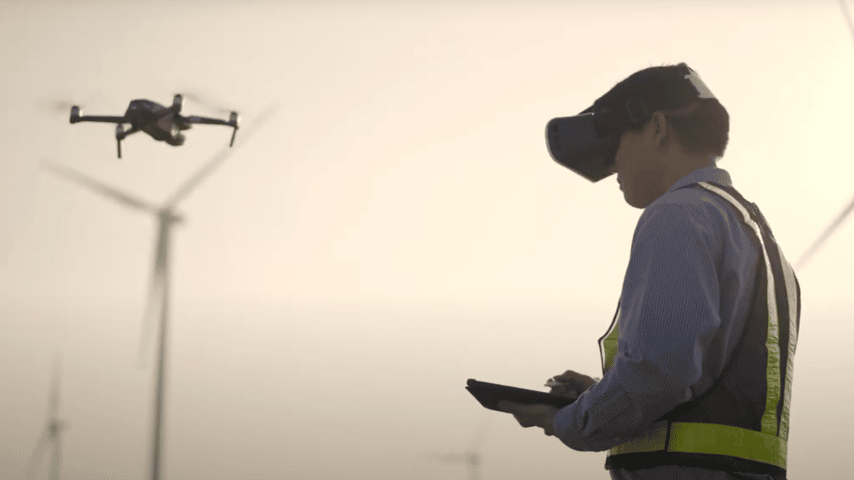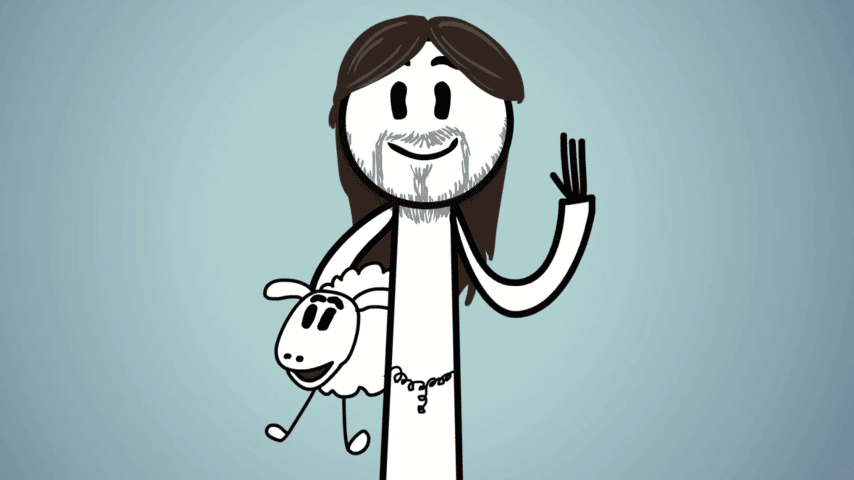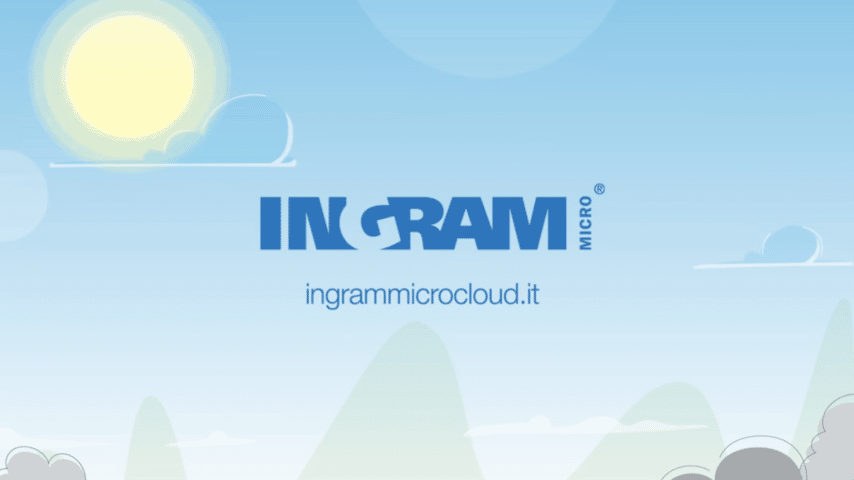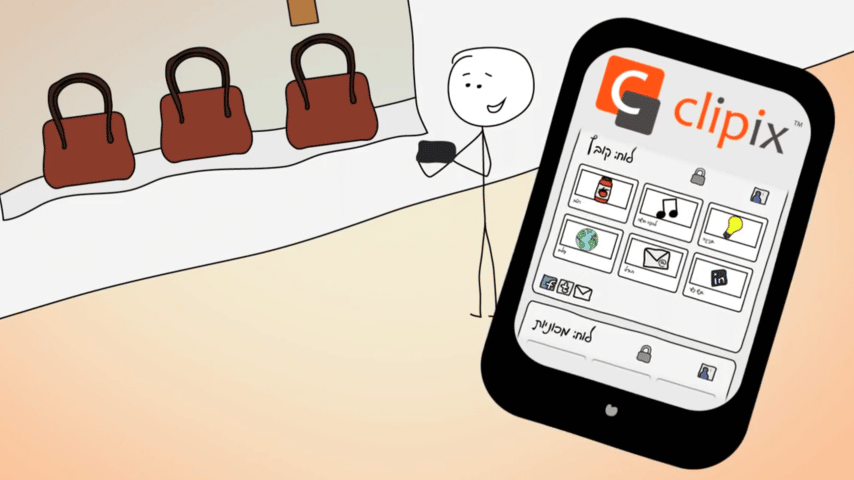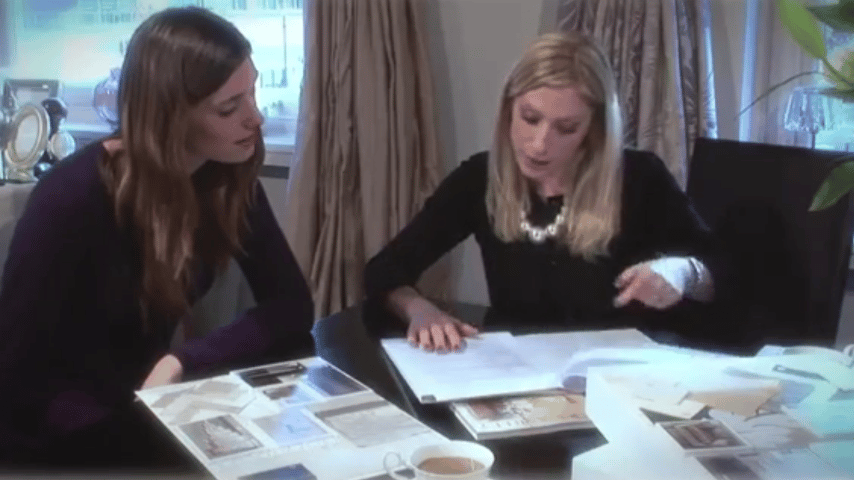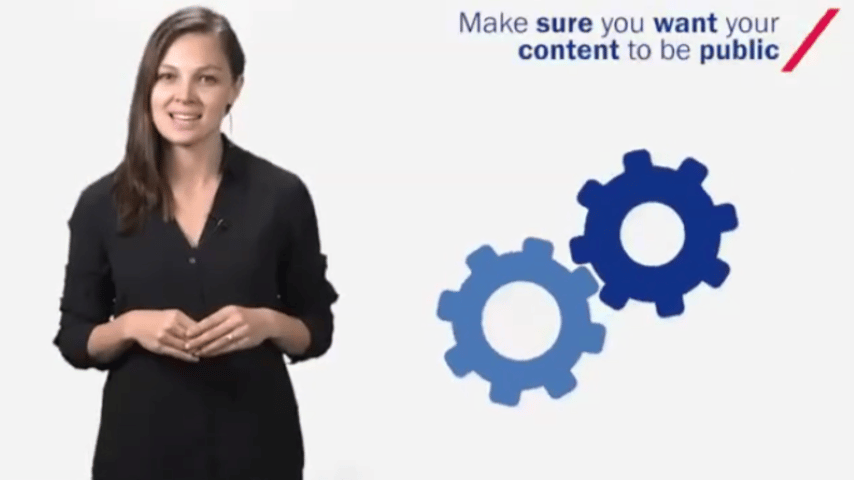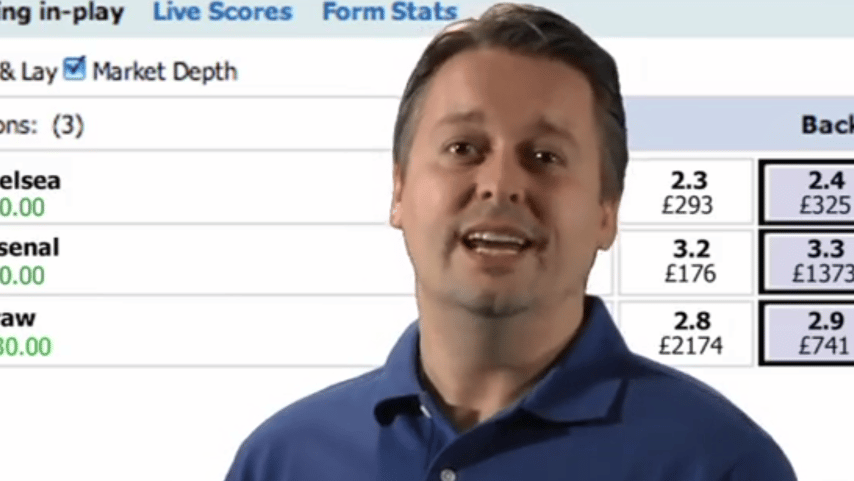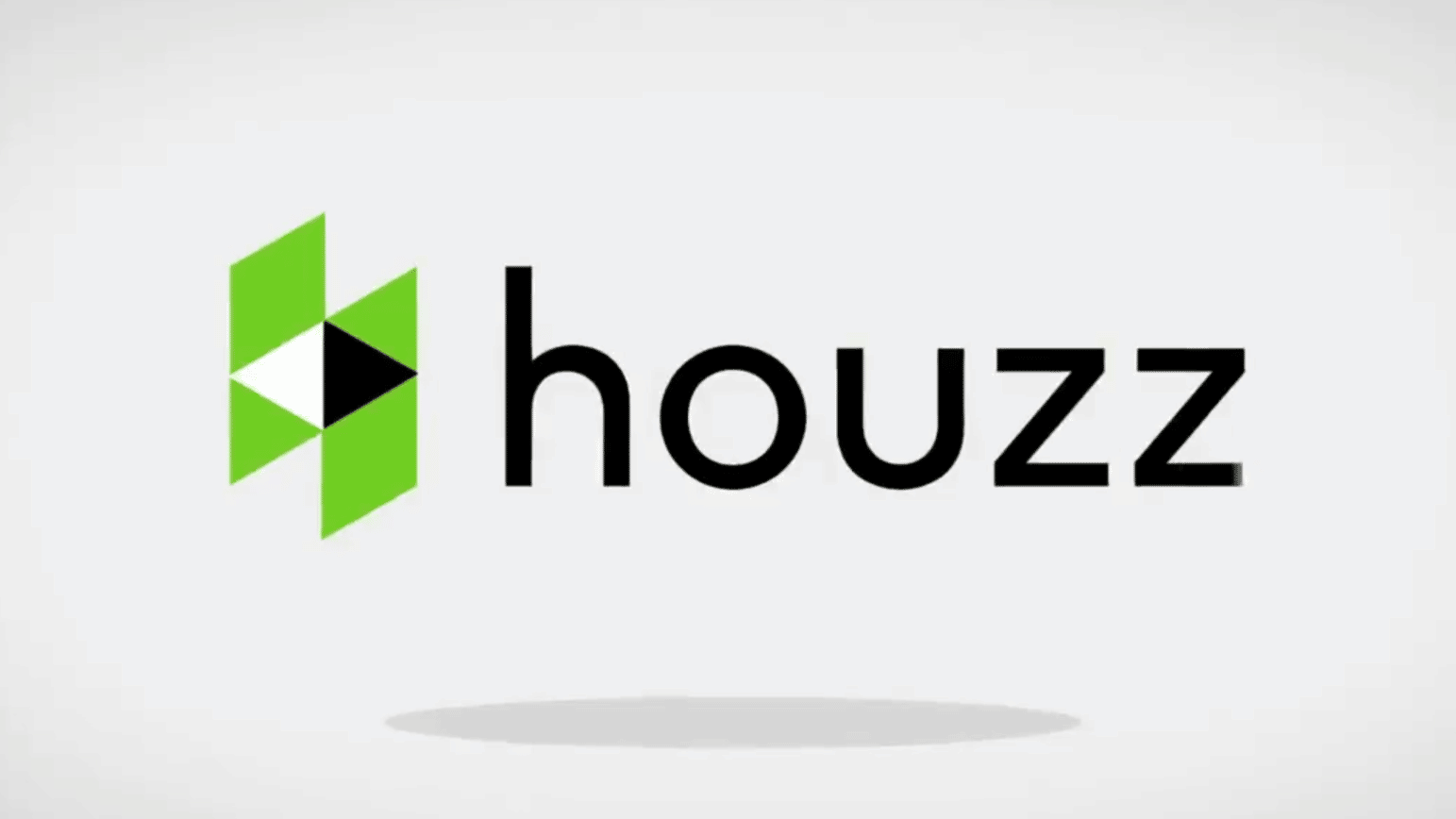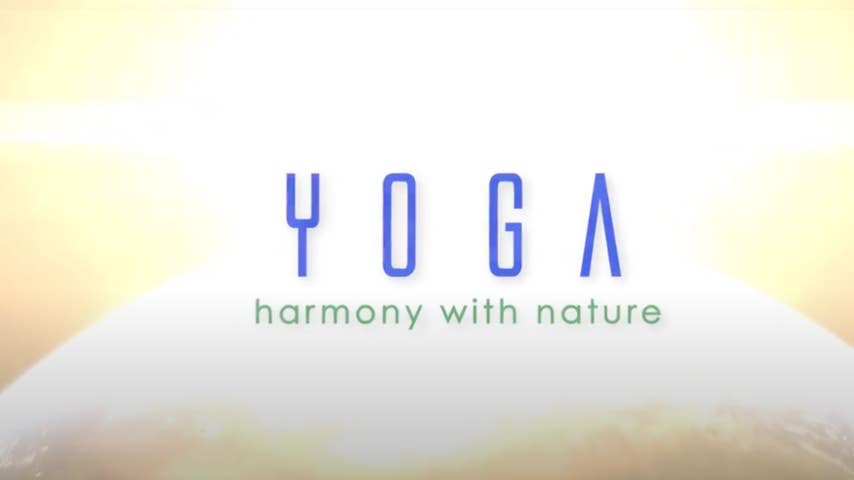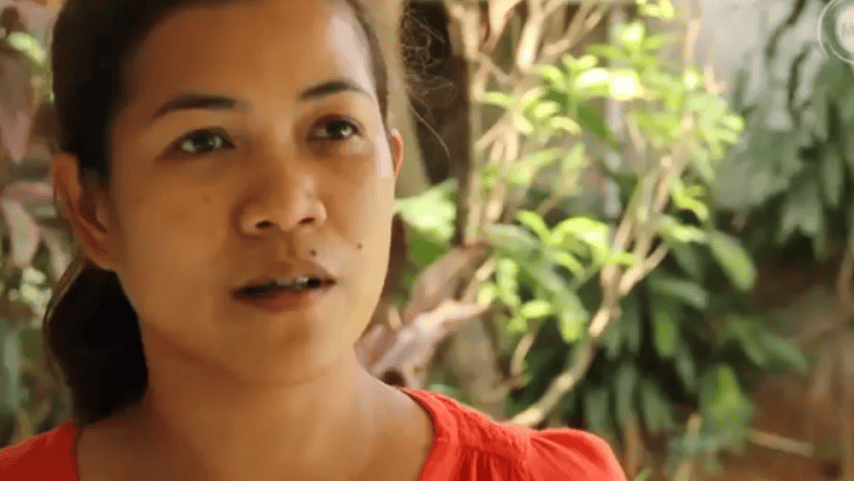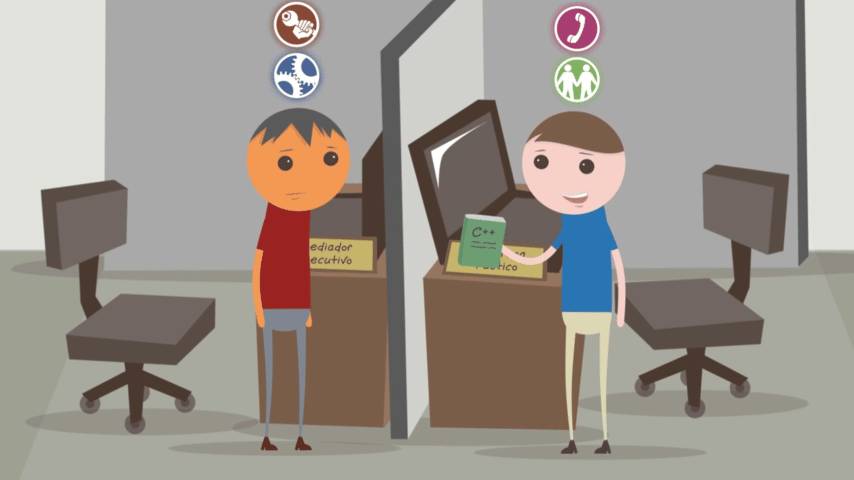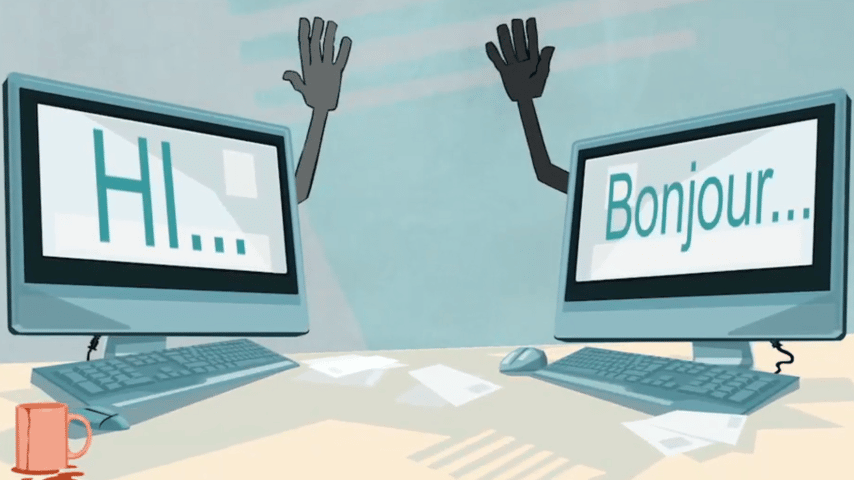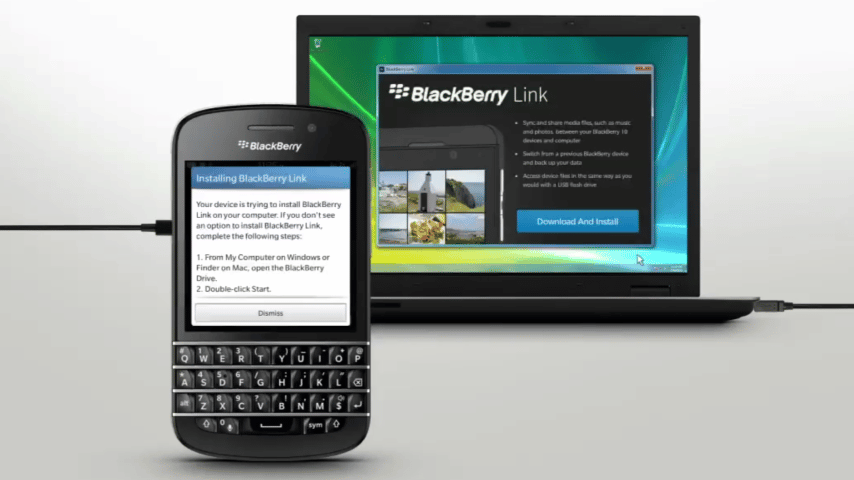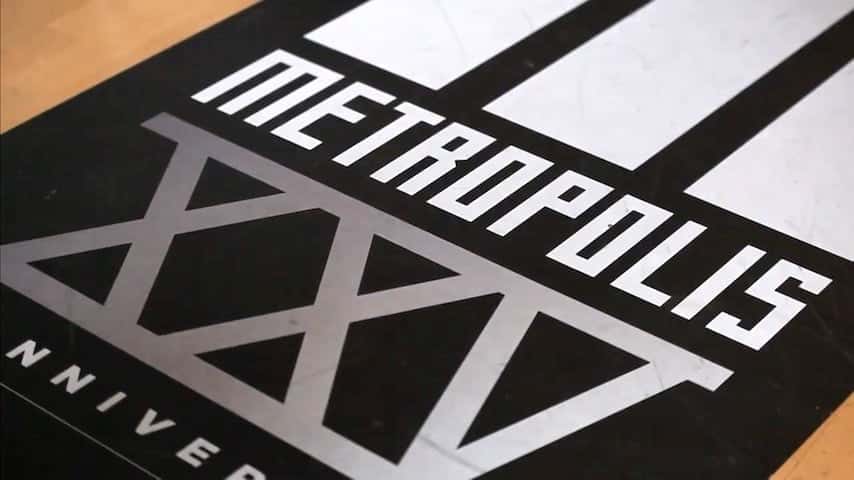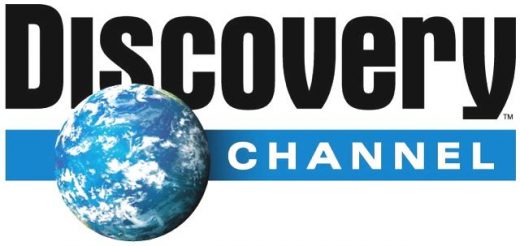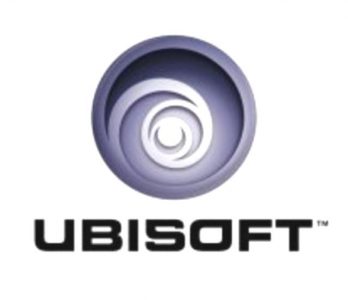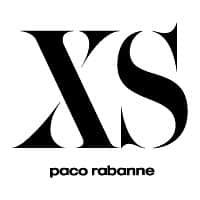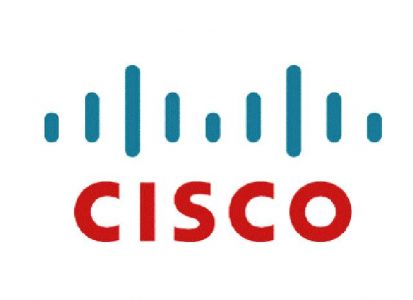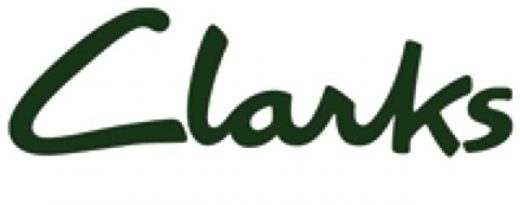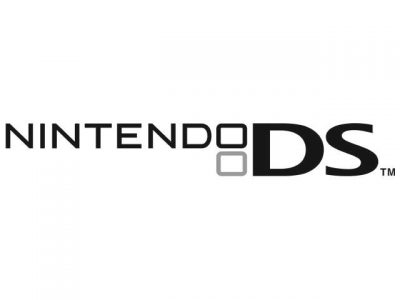What Kind of German Voice Over are you looking for?
Expanding your content to include German voice overs allows you to tap into a significant and influential audience. German, with over 100 million native speakers, is one of the most widely spoken languages in Europe. It is the official language of Germany, Austria, Switzerland, and Liechtenstein, and has a strong presence in Belgium, Luxembourg, and parts of Italy. It is also thought to be the fifth mostlearnt language throughout the world, which means that thousands of people also learn it as a second language. Adding a German voice-over to your campaign can be a crucial step towards achieving your business goals and reaching new markets across Europe.
German as a Lingua Franca in Europe
German holds a unique position as a lingua franca in several European countries. It is commonly used in business, diplomacy, and academia, making it an essential language for multinational companies and organizations operating in Europe. The widespread use of German as a second language in countries like the Netherlands, Denmark, Poland, and the Czech Republic further extends its reach and importance. This makes German voice overs not only relevant for German-speaking countries but also for a broader European audience.
Learn more about German Voice Over Services
Application of German Voice Over in Corporate Communications
Clear Communication: In corporate communications, clarity and precision are crucial. German voice overs ensure that messages are delivered clearly and professionally, ensuring that all employees, stakeholders, and clients understand the information being conveyed.
Cultural Relevance: A voice actor who understands the cultural context can deliver corporate messages in a way that feels natural and relevant. This helps in creating a more cohesive and effective communication strategy within the organization.
Audience Engagement: When employees and stakeholders hear their native language in corporate communications, it enhances their engagement. They are more likely to understand, relate to, and act on the messages, leading to better organizational alignment and performance.
Professional Tone: Using German for corporate voice overs allows for a professional and authoritative tone, which is essential for maintaining credibility and respect within the business environment.
Leveraging German voice over services ensures linguistic accuracy and enhances cultural authenticity and audience engagement. Whether it’s for corporate communications, advertising, e-learning, or other content, using the right voice over can significantly impact the success and reach of your production. By understanding and utilizing the nuances of German and the interactions with other languages and dialects in the region, you can create content that truly resonates with your audience across Germany, Austria, Switzerland, and the broader European region.
Importance of Voice Overs in German

Incorporating a German voice-over into your content ensures that your message is clearly understood by your target audience. It also creates a sense of belonging and empathy among the audience, leading to stronger brand connections and potentially increased sales. This connection is even more profound when the voice over uses culturally relevant nuances, enhancing relatability and authenticity.
For example, using regional accents and idiomatic expressions common in Swiss German or Austrian German can significantly impact how the message is received. Adapting your content to include these cultural and linguistic nuances ensures that your message resonates more deeply with your audience.
How does GoLocalise work?
Understanding your project’s needs
GoLocalise is composed by a team of experienced professionals who work hand in hand with the best translation and production companies to provide you with top-quality services. The first step is to understand the technical aspects of your project to understand what we need to do to guarantee your necessities are met. We will ask a set of questions to determine your target audience, the type of content you want us to work with and the impact you want to achieve.
Selecting the ideal voice-over artists for your project
We want you to find the perfect voice-over artist for your project. For this, we will search for the ideal candidate within or outside our artist portfolio. Whether you are looking for an engaging, expressive, or commercial voice, we’ve got you covered!
Assigning a multilingual project manager
We will assign an exclusive project manager to serve as your only point of contact to guide you along the process, answer all questions you may have and make every stage easier. This project manager will:
- Explain all the steps involved in the process to make it easy to understand and help you determine what exactly are the services you need to ensure you stay within your budget.
- Help in selecting the ideal voice-over artist to transmit your ideas.
- Guarantee all the steps in the process are well-organized and that all deadlines are met. After choosing your ideal artist, you can relax and let your experienced project manager take care of the rest until the process is finished.
Record voice-over audio in our modern studios
All details in the process have been carefully designed to enable you to focus on the core of the service: the voice-over recording session. Your recordings will sound beautifully neat thanks to our audio equipment and our top-quality acoustic studios, using Pro Tools HD and Neumann microphones. Our sound engineers will then adjust the recorded audio to make it sharp and clean, ensuring you don’t need to repeat any recording, and thus, make the most out of your budget. In the case of those languages neither you nor your client speaks, we offer professional linguistic help to make sure everything is clear in all languages you are translating your content into.
Finding professional voice actors for your projects
Our Latest Voice Over Case Studies
What our happy customers say
Stefanie Smith
Producer at Education First
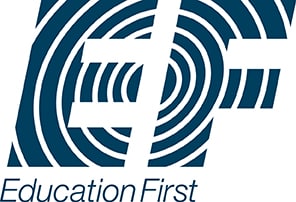
Marion Hirst
Translation Project Manager at Language Wire
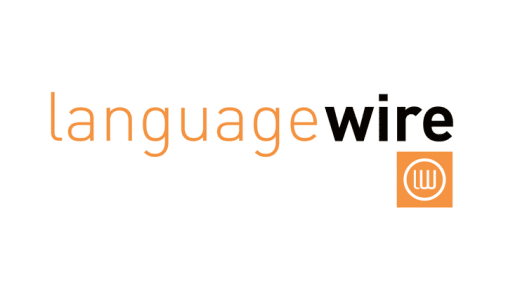
Thomas Kennedy
Designer at Atlas Knowledge
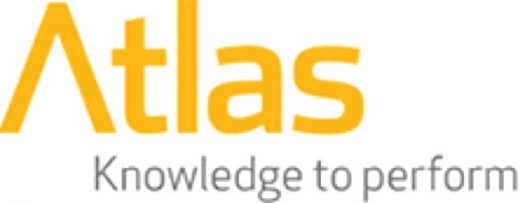
Nicola
English UK Voice Over Talent
Adam Ruddick
Head of Production at Casual Films
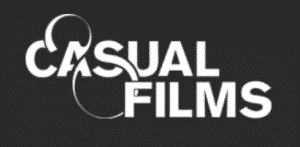
Lucas Cole
Sales and Marketing Director at Epipheo
Frequently Asked Questions
Our German voice over agency provides an extensive array of services, including voice overs for commercials, narration, IVR, and much more. We tailor each service to your specific project requirements, ensuring a perfect match for your needs.
Certainly! At GoLocalise, we offer a holistic approach. In addition to German voice overs, we provide comprehensive solutions that encompass translations, dubbing, and subtitles, ensuring your content is accurately adapted for the German-speaking market.
Our team is meticulous in matching your project’s unique demands with our extensive database of German voice talents. We consider factors such as gender, age, accent, and vocal style to guarantee a seamless fit.
What distinguishes GoLocalise is our unwavering commitment to cultural authenticity and linguistic precision. We go the extra mile to deliver German voice overs that not only sound genuine but also resonate deeply with your target audience.
Launching a project with GoLocalise is straightforward. Contact us with your project details, and our experienced team will lead you through the process, offering expert advice and unwavering support at every stage of your project. We’re here to make your journey with us as smooth and successful as possible.
German is mostly spoken in Germany, Switzerland, Austria, Liechtenstein, Belgium and Luxembourg, where it is considered the official language. However, it is also one of the most popular languages to learn as a second language because of its importance in business environments.

